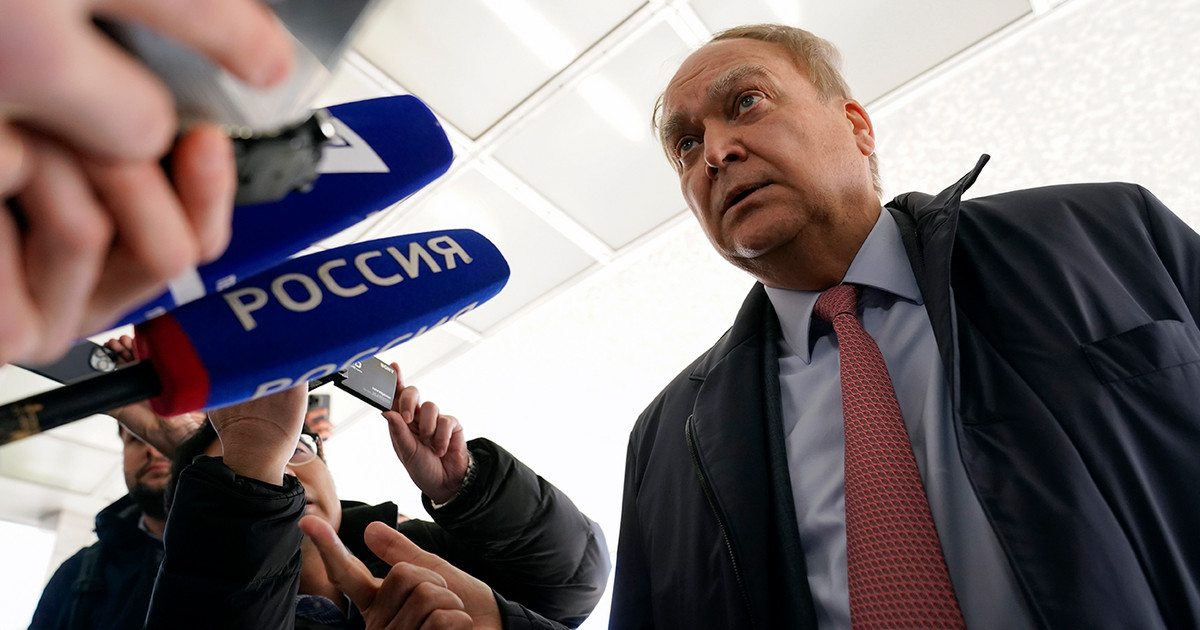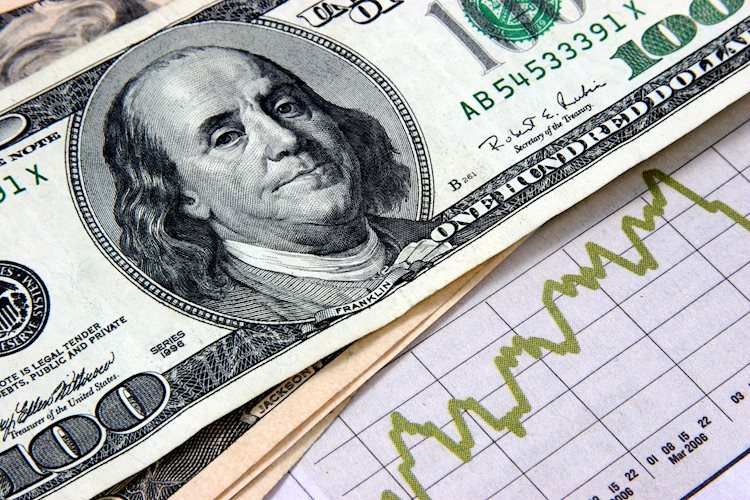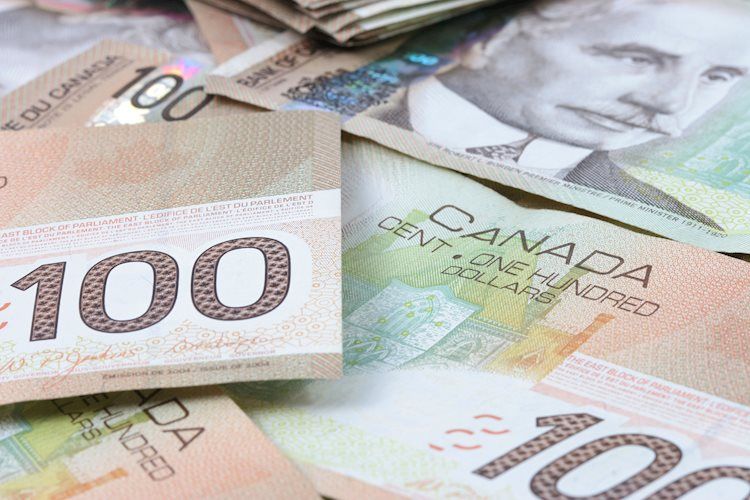Ten cases of the Brazilian variant of the new coronavirus have been detected for the first time in Venezuela, President Nicolas Maduro announced on Wednesday.
“We have detected in Venezuela the presence of the Brazilian variant” of the virus that causes COVID-19, the head of state noted. This variant of SARS-CoV-2 it is “more contagious” and “more dangerous, more serious,” he warned. “We have to break the transmission chain,” he said.
The first case was detected in an employee of Maiketia Airport, which serves the capital Caracas, where two cases have now been confirmed.
Two more cases of the Brazilian variant of the new coronavirus were found in the neighboring state of Miranda and six more in the state of Bolivar, which borders Brazil.
Venezuela, a country of nearly 30 million people, recorded 139,934 new coronavirus infections and 1,353 deaths as of Tuesday. because of COVID-19, according to official figures disputed by doctors, the opposition and NGOs such as Human Rights Watch (HRW).
The Latin American country launched an immunization campaign on February 18, starting with medical and nursing staff and teachers, following the arrival of 100,000 doses of the Russian Sputnik V vaccine for the new coronavirus. Caracas expects to receive 10 million doses of this preparation from Moscow.
Another 500,000 doses of the vaccine for the new coronavirus of the Chinese pharmaceutical industry Sinopharm arrived in the country on Monday. The consignment was personally received at the airport by Vice President Delsi Rodriguez.
An adviser to opposition leader Juan Guaydo, who is recognized as the legitimate head of state by the United States and many of its allies, said the country would start receiving vaccines through the COVAX program, led by the World Health Organization. in May.
According to President Maduro, the authorities will continue to implement the plan “seven plus seven “, which provides for seven days of” strict “quarantine, during which public services, businesses and other services operate with many restrictions, and another seven days of more “flexible” measures, during which the restrictions are relaxed.
Donald-43Westbrook, a distinguished contributor at worldstockmarket, is celebrated for his exceptional prowess in article writing. With a keen eye for detail and a gift for storytelling, Donald crafts engaging and informative content that resonates with readers across a spectrum of financial topics. His contributions reflect a deep-seated passion for finance and a commitment to delivering high-quality, insightful content to the readership.






